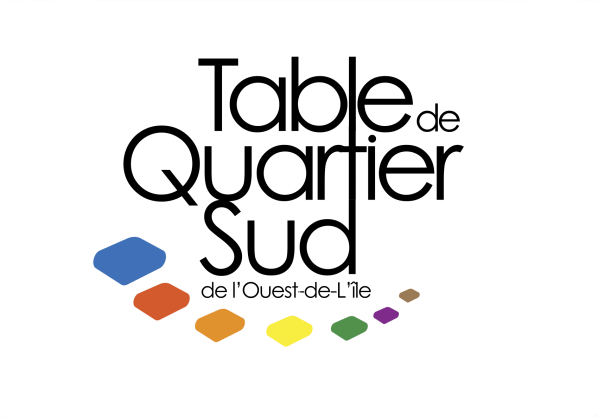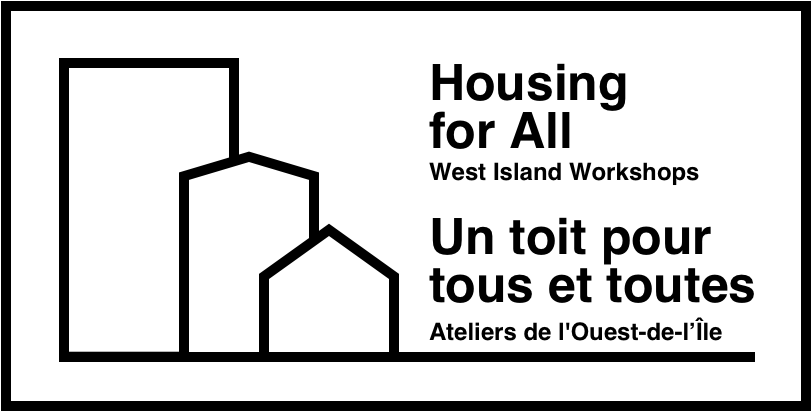
Housing for All aimed to facilitate and empower the West Island community to create innovative affordable housing solutions that are suitable for the regional context. Residents and local stakeholders shared their knowledge of the current problems, which stimulated brainstorming, and lead them to co-create solutions for more diverse housing opportunities.
Housing for All was rooted in the foundations of the Design Thinking method. Unlike conventional ways of thinking, Design Thinking is a method of problem-solving that is non-linear yet structured, and encourages iterative loops of thinking geared toward action. This entails the following 5 steps: empathize, define, ideate, prototype and test. Housing for All’s process was focused on the people and stakeholders confronted with the housing problem and those that can contribute to implementing solutions. The proposed course of action aimed to come up with solution prototypes as there is no single solution to address the challenges of affordable housing in the West Island. Below is the outline of the project’s action plan.
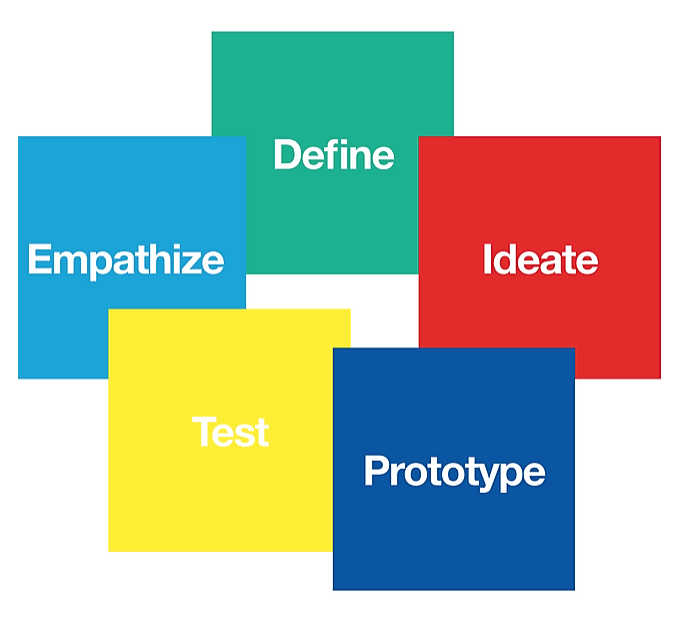
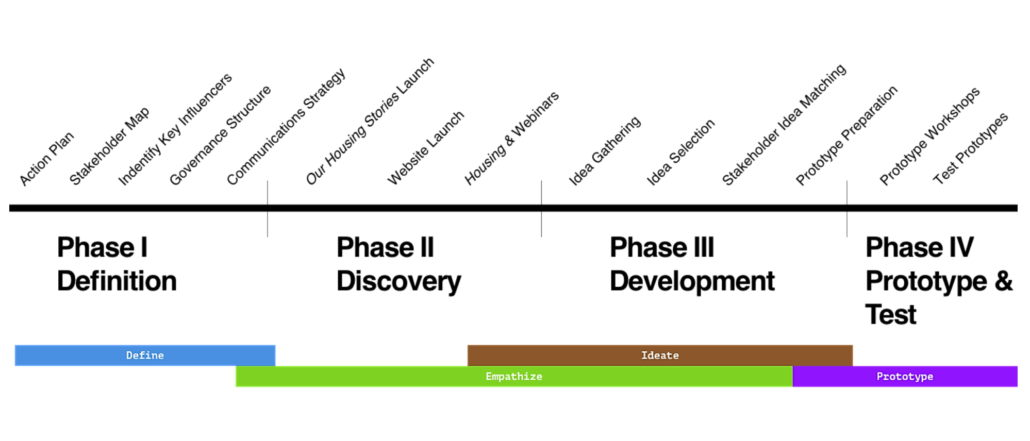
In Phase I – Definition, we laid out the groundwork for the Housing for All project through the development of an action plan and communications strategy, and by laying out the stakeholders, key influencers and governance structure of the West Island housing system. With this in hand, we proceeded into Phase II – Discovery, with the goal of discovering the housing issues that are present in our community. We accomplished this through three separate initiatives: Our Housing Stories, the housingforallwi.org website and the Housing & webinars.
housingforallwi.org
The housingforallwi.org website ran from November 2020 until April 2022. Developed by Housing Liaison Agent Piotr Boruslawski, it featured a landing page with snapshots of the various housing-related issues affecting the West Island. The website also included an overview of the Housing for All project, web pages dedicated to the each of its initiatives and a collection of materials on the topic of housing.
Our Housing Stories
The problems we’re all trying to solve are rarely our own. This sense of disconnect is at the heart of housing issues that divide West Island today. Our Housing Stories was a campaign to demonstrate the importance of maintaining and contributing to a diversity of housing types in the West Island. Collecting lived experiences was our goal with Our Housing Stories and they are displayed on the map below.
Housing & webinars
Over two weeks in November 2020, we hosted three online webinars on the topics of housing and health, politics, and inequality. The Housing & webinars featured a diverse group of local experts who engaged on these topics and collectively shared their experiences and knowledge. Together, we explored the immeasurable impact that health, politics, and inequality have on housing. More information can be found in our Outreach Report.
These initiatives allowed us to gather more than 80 ideas for affordable housing solutions from community members. This brought us into Phase III – Development and to a series of workshops held in March 2021 where we had members vote on their top 3 ideas to bring forward into Phase IV – Prototyping & Test. Participants had the opportunity to collectively discuss these ideas from different perspectives, and collaboratively choose and prioritize which ideas were most likely to succeed. The three most popular ideas were:
- Support the supply of emergency housing
- Renters rights info session
- Municipalities enabling affordable housing
Prototyping teams were formed with members that had voted for these ideas. The first prototyping workshop focused on brainstorming actions to support these ideas and prototype their design. The following workshops had team members further develop the prototype and begin testing. The results of these collaborative efforts are below.
Support the supply of emergency housing
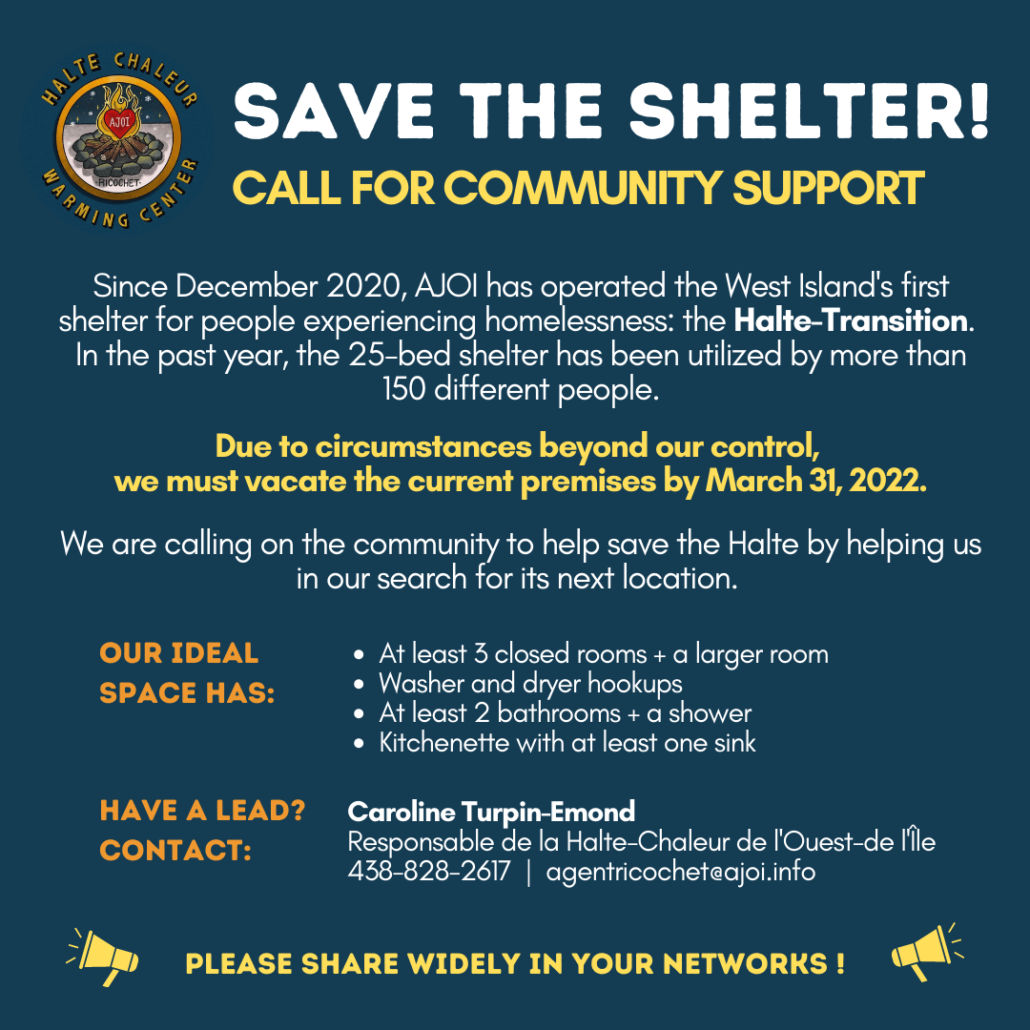
We succeeded in raising awareness about the importance of emergency housing and about AJOI’s search for a new space for the Halte. We’ll continue to spread the word and will keep it as a regular point on the agenda of the TQSOI’s Housing Committee meetings.
Renters rights info session
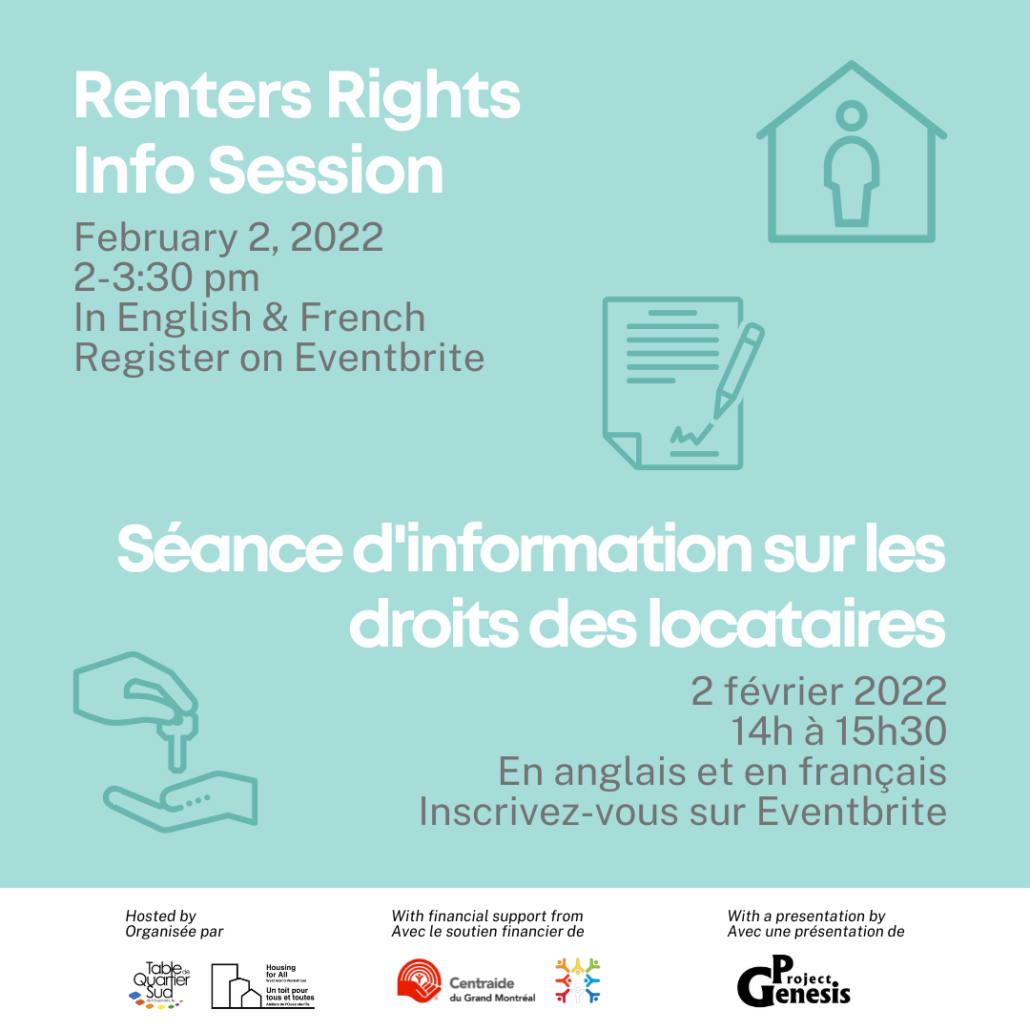
Municipalities enabling affordable housing
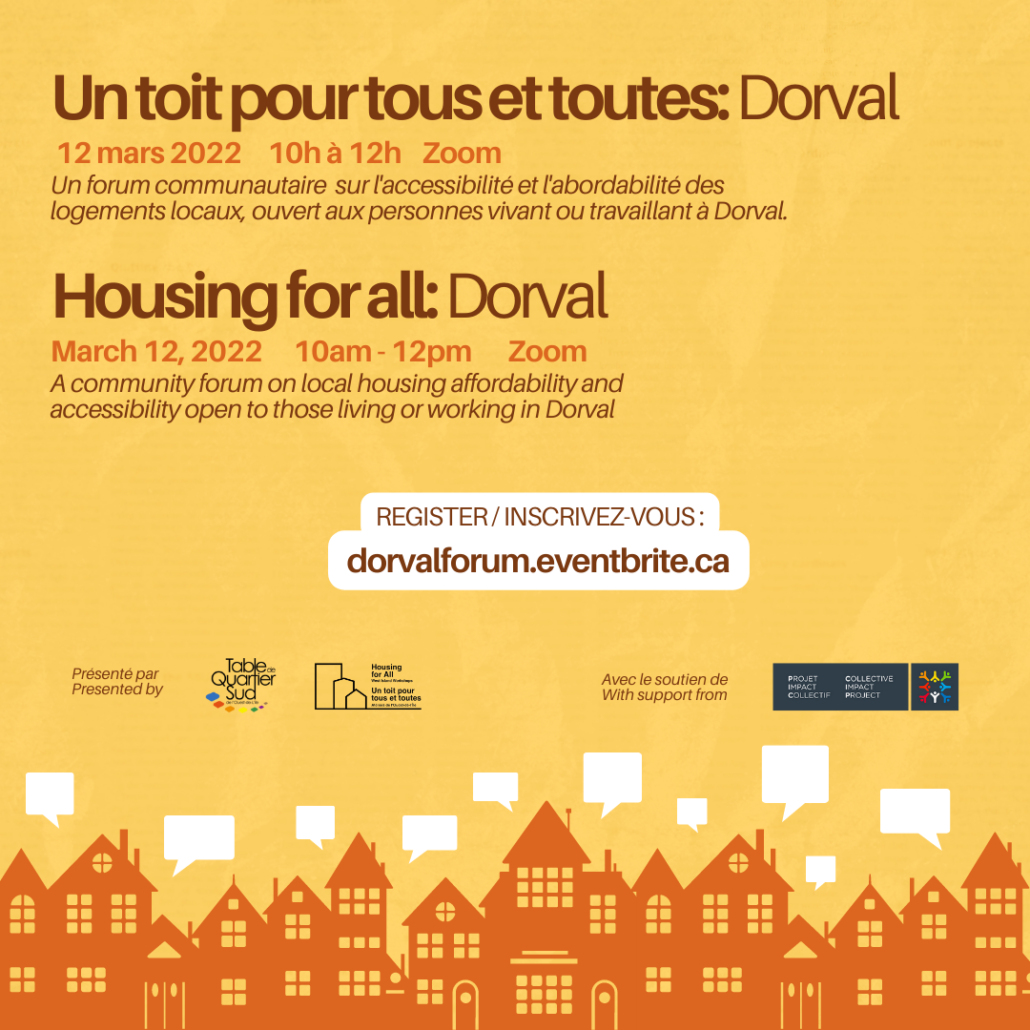
Overall, the need for more affordable housing and for more opportunities to collaborate with council to develop solutions to this problem were highlighted. An event report was drafted and will be shared with the Dorval city council and the public shortly.
Housing for All #Newsletters
For just over a year, between February 2021 and March 2022, the Housing for All team put together and sent out monthly newsletters to its over 200 subscribers. These newsletters featured updates on the project, recent housing news at the local, regional and national level, the latest testimonies submitted to the Our Housing Stories initiative, and an educational section that sought to explain more complex housing topics to readers. Due to their large readership and informative impact, these newsletters will continue to be put together and sent out on a monthly basis as part of the regular activities of the TQSOI’s housing dossier. Subscribe here!

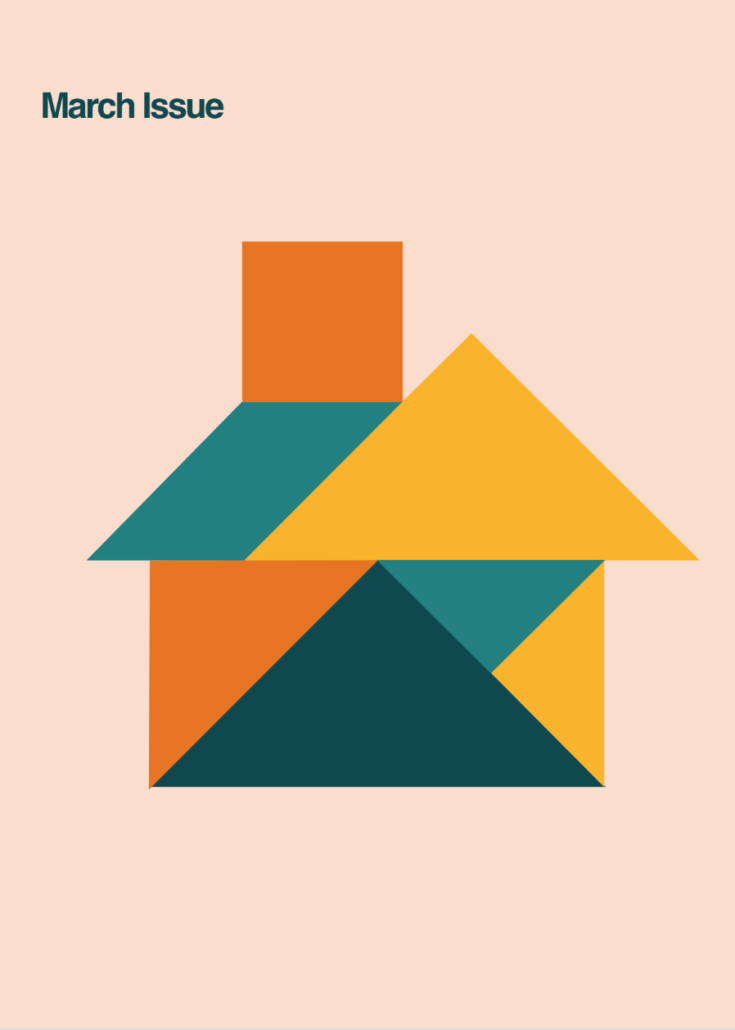
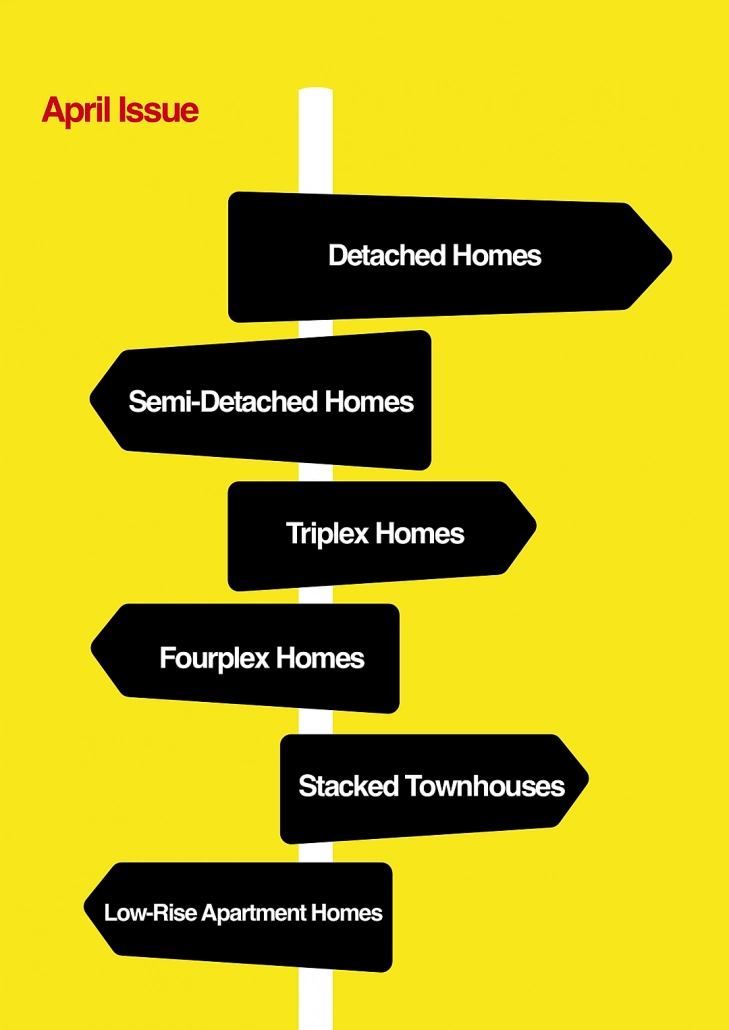
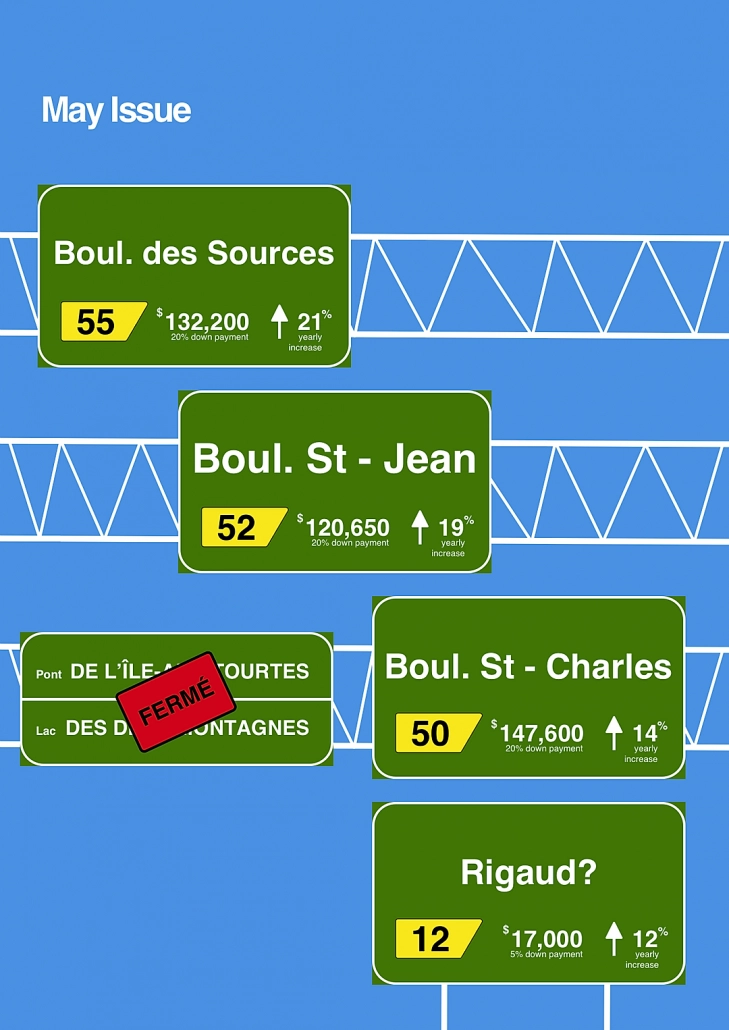
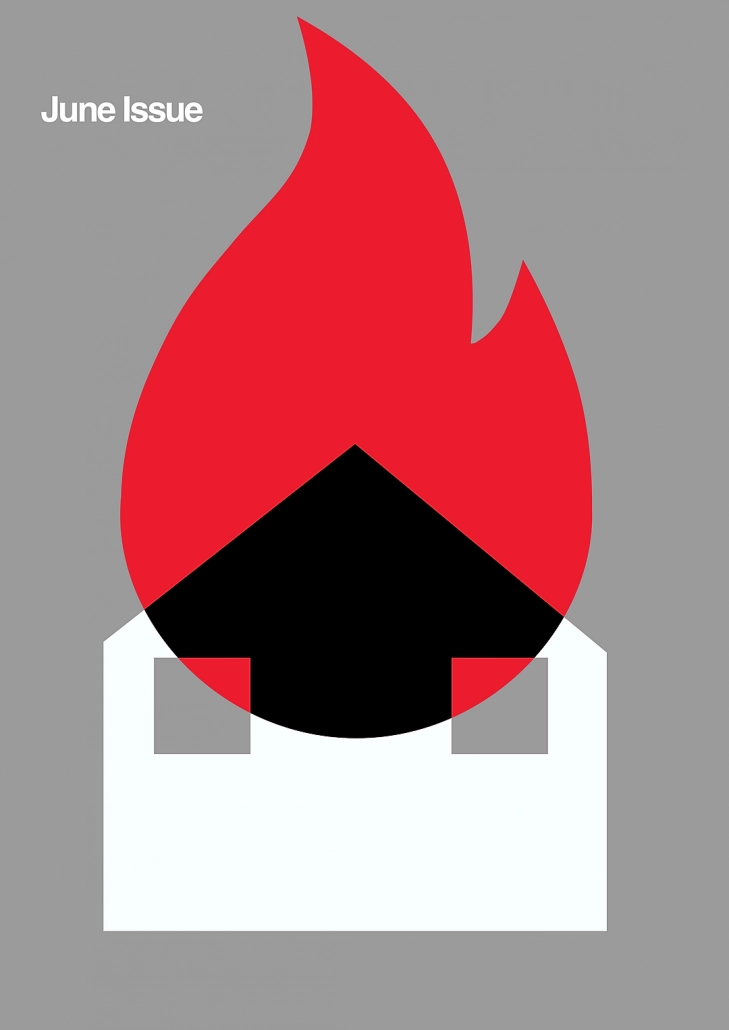
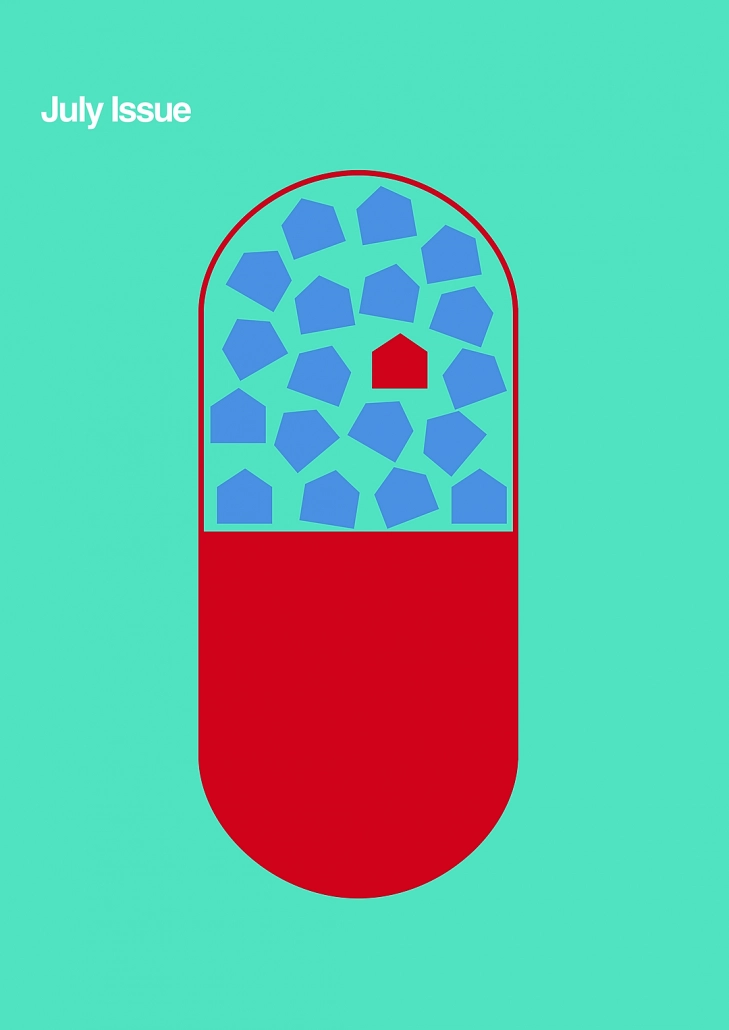
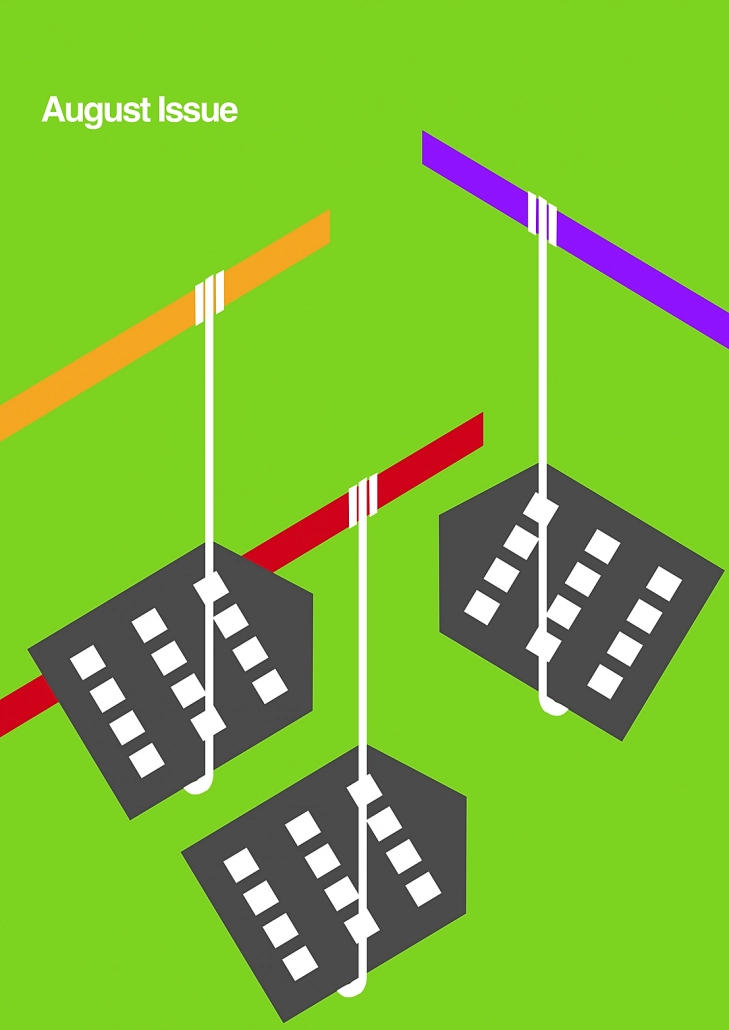
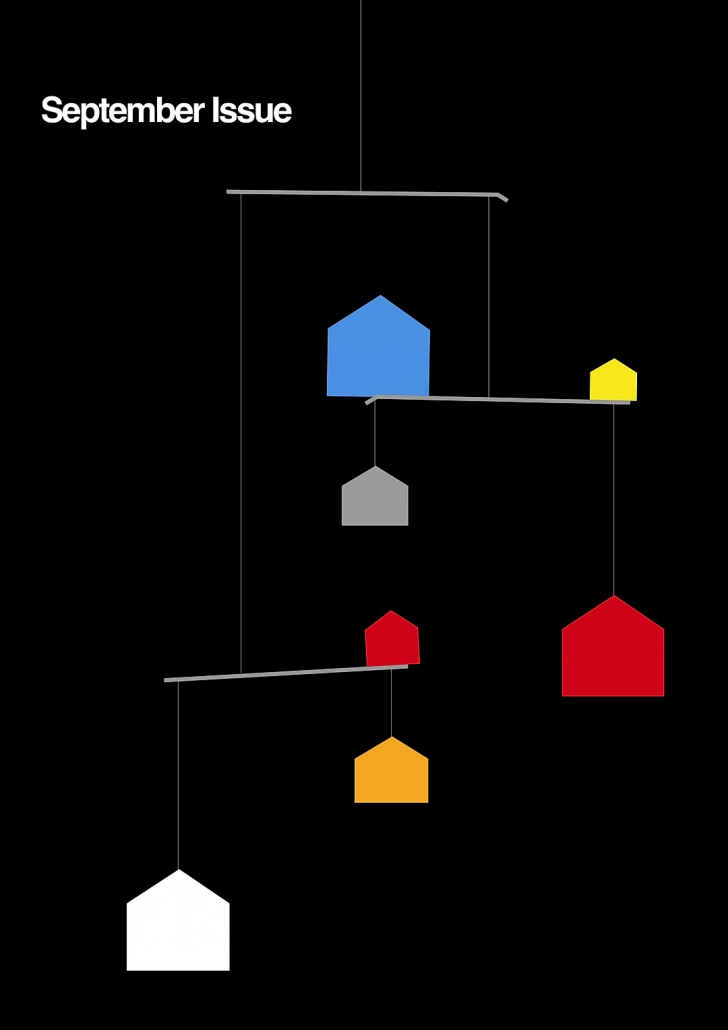
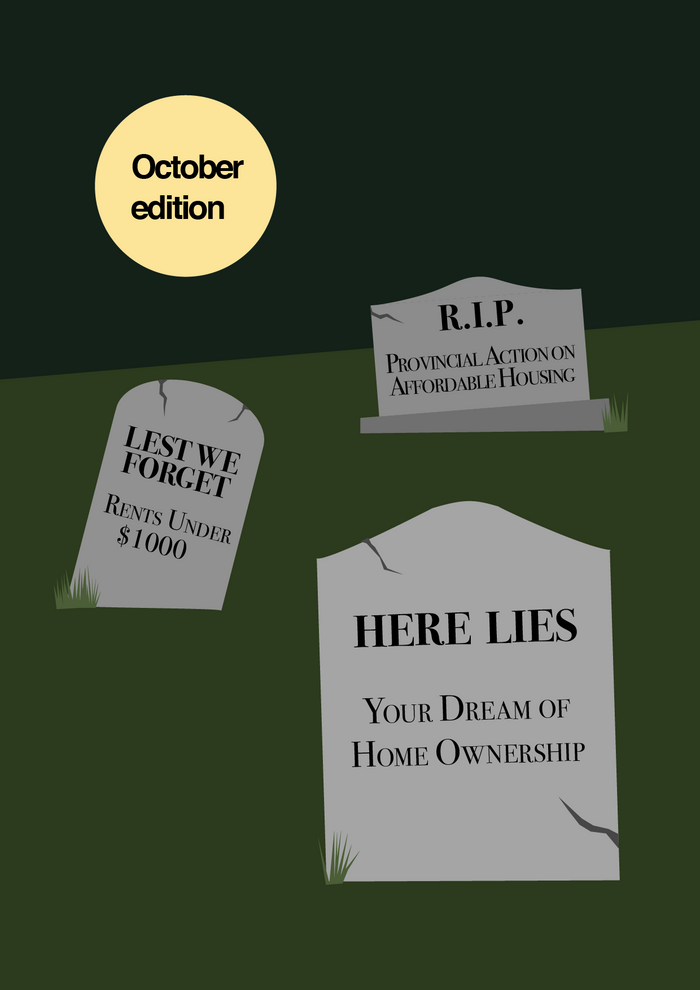
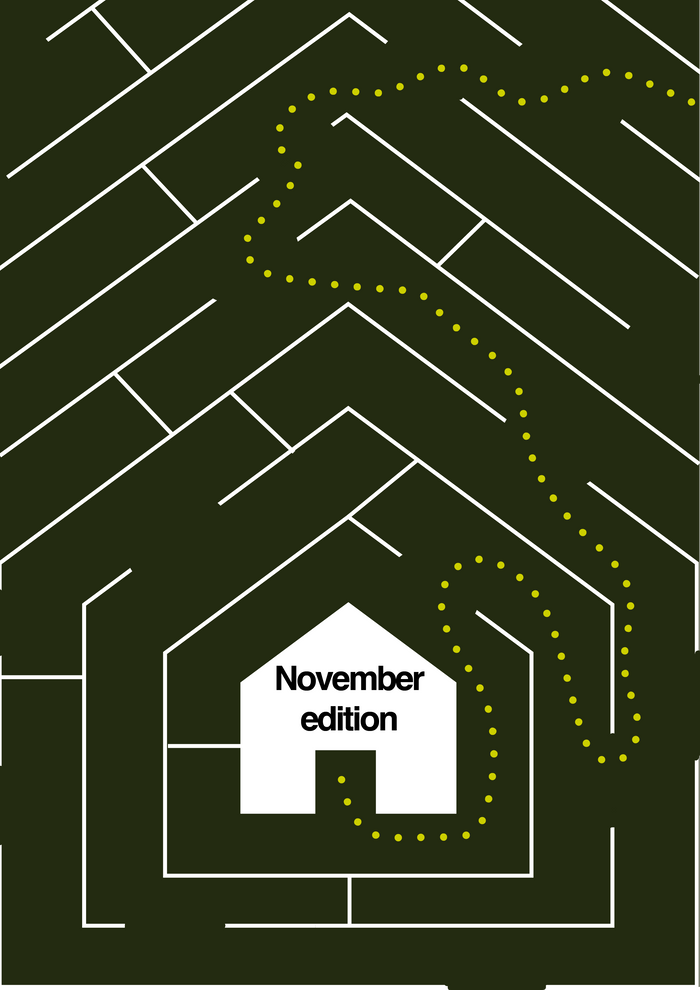

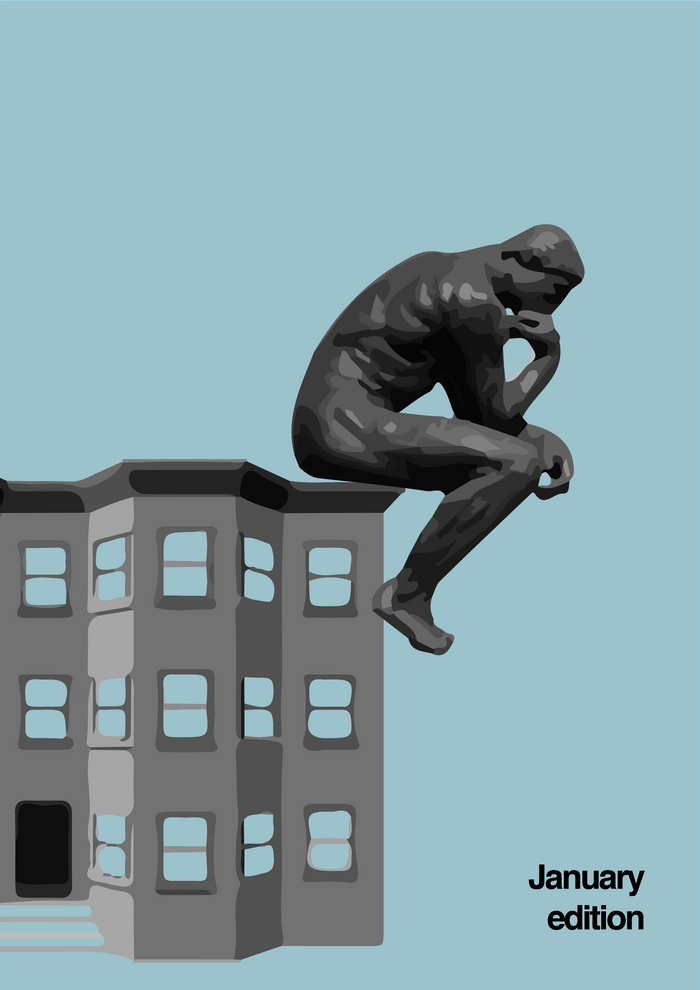
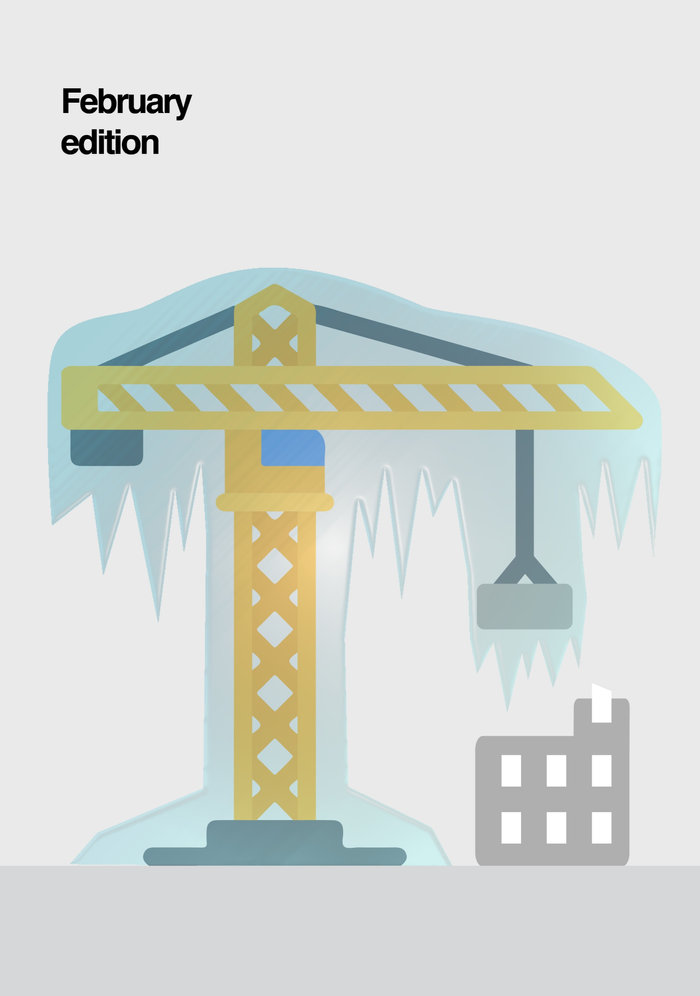
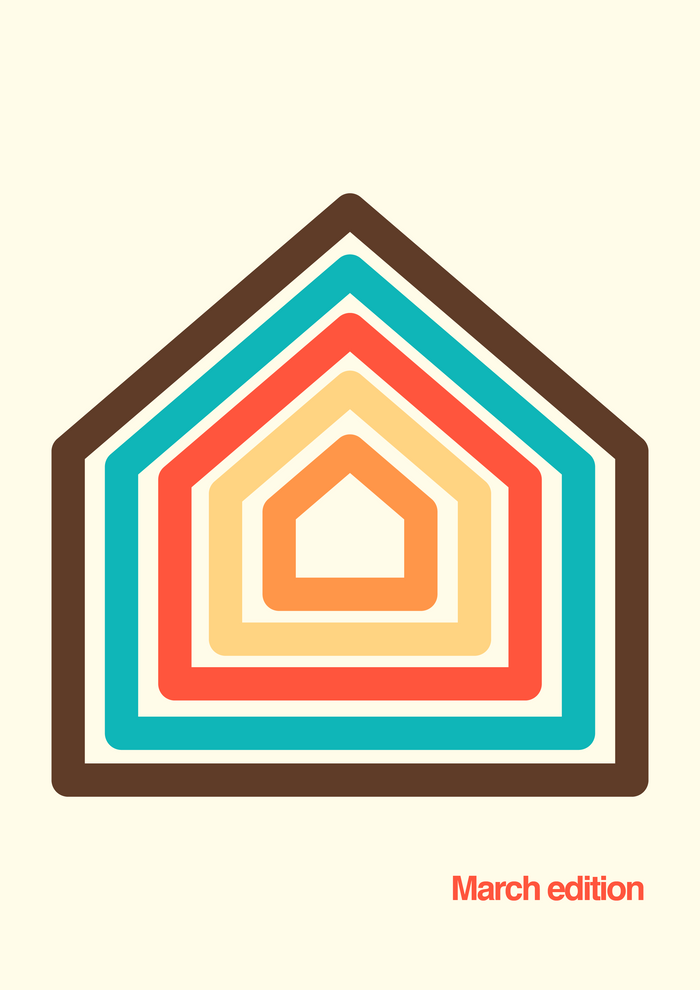
What’s next?
The Housing for All project came to an end in March 2022 and yet the impact, knowledge and partnerships gained throughout the project will continue to have a positive effect on the West Island community for years to come. The TQSOI will continue working on the important issue of housing affordability into the second phase of the Collective Impact Project. The goal will be to adopt a systemic approach to collectively address the barriers to the development of local community housing projects. We will be using a local community housing project that is currently in development as a prism to identify the barriers, learn how to overcome them and directly address them using a systemic approach. In this way, our actions will not only have a positive impact on the chosen project, but on the housing system and the development of future community housing projects. Ultimately, our aim is for the southern West Island to have the collective capacity to provide affordable housing to meet the needs of its residents.

Housing for All was part of the Collective Impact Project – Projet Impact Collectif (PIC) funded by Centraide of Greater Montreal. The project brought West Island community partners together in 2016 with the West Island Community Resource Centre (CRC) and the TQSOI as project leaders. The PIC consisted of a two part, double spiral approach (1) learning to work together (2) by developing structured collective projects. The five-year project completed its third year as it transitioned its focus from Food Security to Housing in late 2019, and came to an end in March 2022.
![]()
